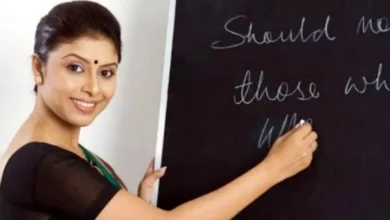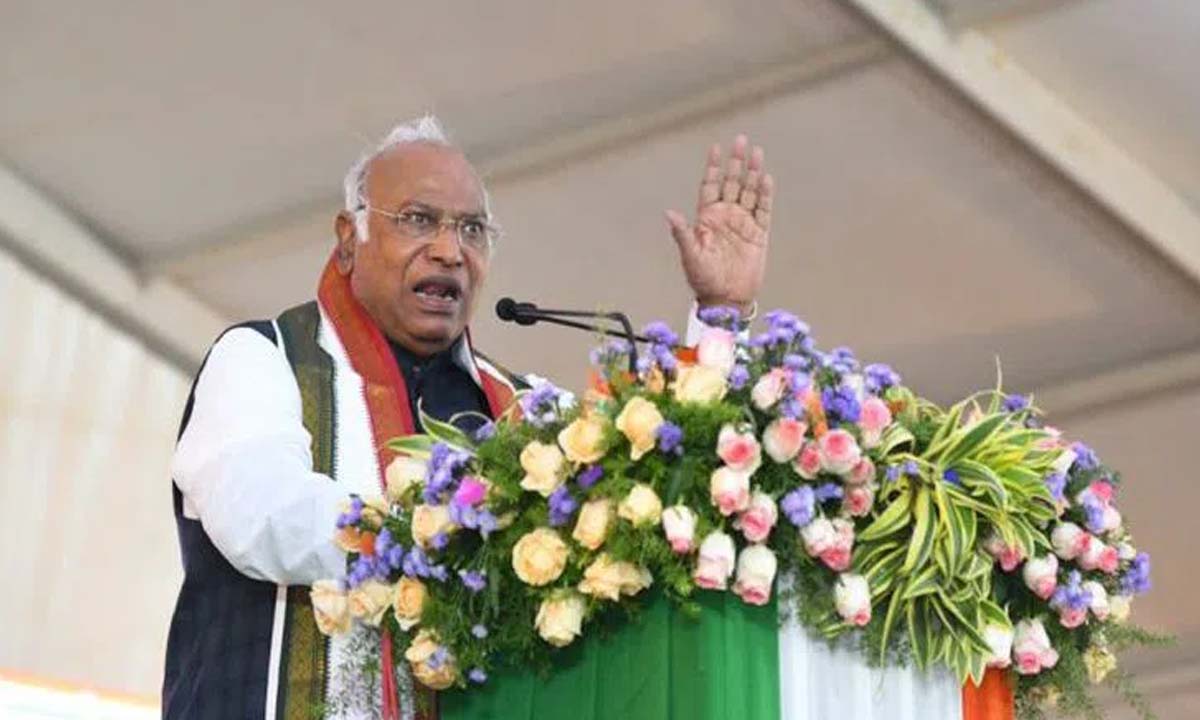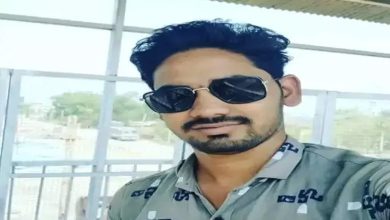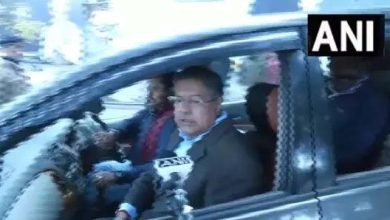Drug abuse among students at alarming proportions
THIRUVANANTHAPURAM: Last year, eight Plus-One students of a government school on the outskirts of Thiruvananthapuram city fainted outside their classroom, sending school authorities into a tizzy. They were initially in the dark about what had gone wrong, only to realise later that the gang had consumed alcohol, which was sourced by one among them. He had mixed it with water kept in the steel water container of a fellow female student and then passed it around. Some drank without knowing the contents of the bottle. One of them had to be hospitalised.
Drinking among students is not a new problem, but the extent of the issue has become increasingly evident in recent years, according to law enforcement officers. Yet, what has emerged is just the tip of the iceberg, they say.
“Drug abuse among students has its origins in tobacco products and alcohol. Synthetic drugs are the next level,” said an excise officer.
The anti-narcotic cell of Thiruvananthapuram city police recently began liaisoning with parents of students who regularly miss classes. What emerged was a frightening reality: Many of the parents had no clue that their kids had been skipping class, and in several cases they were simply afraid to even question their children.
“Many of the students were aggressive and rude towards their parents. Our intervention helped them realise that their children were in the grip of drug rackets,” said a source with the police department.
Now, every day, officers collect information from city-based schools of absentee students. They then ring up parents of those who missed class to ascertain their whereabouts. “It’s then that many parents, to their shock, realise what their children have been up to. In many cases, students were found to be linked to drug rackets. They include girls, who rackets primarily engage because they can stay under the radar,” said S Balakrishnan, assistant commissioner of the anti-narcotic cell. Female students are lured by antisocial elements as well as their classmates, he said. “Once romantic links are established, the exploitation begins. They are then used as drug carriers,” he added. An excise official said there have been instances where such carriers were subjected to various forms of abuse. In a recent case, a Class VIII student was sexually abused after he was administered an intoxicant.
Many of the carriers end up as hardcore addicts who exhibit behavioural aberrations and engage in violence. An excise officer involved in the rehabilitation of drug addicts said there have been instances of family members being subjected to sexual violence by minor boys, who are substance users. “In one case it was the mother of a Plus-One student who revealed that she was regularly being sexually abused by her son. In some instances, the victims are siblings,” the officer added.
According to excise department sources, gender is not a factor when it comes to drug abuse. “The principal of a government higher secondary school told us that many of the girl students use a banned tobacco product. Our investigation revealed the students had formed groups and the product sachet was kept in the mouth of each member for up to two minutes before it is moved around. For many, tobacco products are passe. Synthetic drugs, such as MDMA, are more popular now. It’s a scary situation,” they said. Yet many of the parents of drug abusers are unable to gauge the seriousness of the issue, added an excise officer.
ISSUE MOSTLY AMONG TEENS
Law enforcers are of the unanimous opinion that drug abuse is an issue mostly among teenagers. The trauma inflicted to the body and mind at that age will have catastrophic consequences,” said an officer involved with the Vimukthi de-addiction project of the excise department





